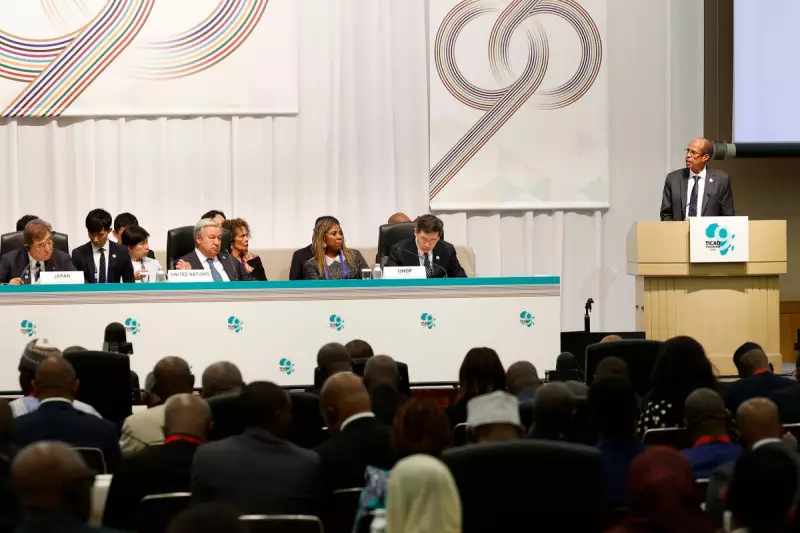
In a bold strategic move to counter China's expanding global influence, Japan has unveiled a monumental $30 billion (£23.5 billion) investment package for Africa. The announcement, made by Prime Minister Fumio Kishida, marks a significant escalation in the geopolitical contest for favour on the resource-rich continent.
A Virtual Pledge for Tangible Influence
Addressing the Eighth Tokyo International Conference on African Development (TICAD) in Yokohama via video link after testing positive for Covid-19, Mr Kishida declared a new era of Japanese partnership. The funding, to be delivered over the next three years, is earmarked for both public and private investment, focusing heavily on critical infrastructure and human development.
'We will invest in people through quality education,’ the Prime Minister stated, underscoring a key differentiator from other foreign investors. The package includes ambitious pledges to:
- Train hundreds of thousands of African professionals in burgeoning fields like industry, agriculture, and healthcare.
- Bolster food security across the continent in the face of a global crisis exacerbated by the war in Ukraine.
- Direct substantial investment towards sustainable and resilient infrastructure projects.
The Shadow of China's Belt and Road
This colossal financial commitment is widely perceived as a direct challenge to China's Belt and Road Initiative (BRI), which has deeply entrenched Beijing's economic and political footprint across Africa through massive, and often controversial, lending for ports, railways, and government buildings.
Japan's approach, however, seeks to distinguish itself by emphasising ‘sustainable and resilient’ development and ‘quality’ growth. This subtle rhetoric positions Tokyo as a more transparent and responsible alternative, contrasting with criticisms levelled at Beijing for saddling nations with unsustainable debt.
A Continent at a Crossroads
The TICAD summit itself became a stage for this geopolitical theatre. While dozens of African leaders attended in person, the absence of others was noted. The conference also unfolded against a backdrop of global food shortages and soaring inflation, pressing issues that African delegates were eager to address.
Japan's renewed focus on Africa signals a recognition of the continent's immense economic potential and its critical importance in shaping the future global order. With this £23.5 billion pledge, Tokyo is not just investing in roads and education; it is making a high-stakes investment in its own strategic relevance for the 21st century.





